In the mid-1990s, the internet was still in its infancy, and the concept of virtual worlds was something out of science fiction. But for a brief, shining moment, a digital city called CyberTown offered internet users a glimpse into the future—long before the likes of Second Life or the Metaverse.
The Birth of CyberTown CyberTown, originally known as Colony City, was launched in 1995 by a company called Blaxxun Interactive. The platform was a 3D virtual world where users could create avatars, explore different districts, build homes, socialize, and even work virtual jobs. The idea was ambitious: to create an online community that combined the social aspects of a chatroom with the immersive experience of a video game, all in a 3D environment.
Using the VRML (Virtual Reality Modeling Language) standard, CyberTown was accessible directly through a web browser, something revolutionary for its time. VRML allowed users to render 3D objects in real-time, meaning they could walk around CyberTown’s streets, visit other users’ homes, and participate in city-wide events.
Life in the Virtual City CyberTown was structured like a real city, with various "districts" that served different functions. There were residential areas where users could "buy" plots of land and build virtual homes, commercial zones with shops and services, and even entertainment districts with virtual nightclubs and movie theaters.
Users could earn virtual currency by working jobs within the city, such as managing a store or moderating chatrooms. This currency could be spent on upgrading homes, buying virtual items, or participating in community events. The platform also had a government system, with elected officials and community leaders who organized events and maintained the virtual city's rules.
CyberTown wasn’t just a game; it was an attempt to create a functioning society online, complete with social structures, economies, and politics. People formed friendships, held virtual meetings, and even got married in CyberTown’s digital chapels. The city’s motto, "The Future is Here," captured the optimism and excitement of exploring this new digital frontier.
The Peak and Decline At its peak in the late '90s, CyberTown had over 100,000 registered users, a significant number for the time. It was featured in tech magazines and discussed in academic circles as a pioneering effort in virtual reality and online communities.
However, as the internet evolved, so did the expectations of its users. CyberTown began to struggle with technical limitations—VRML was slow and buggy, and the 3D graphics, though impressive for the time, quickly became outdated. The rise of faster internet connections and more graphically advanced platforms made CyberTown’s once-innovative world seem clunky and old-fashioned.
Additionally, the concept of 3D virtual worlds didn’t catch on with the broader internet-using public at that time. Many users preferred the simplicity and accessibility of 2D chatrooms and forums, and as a result, CyberTown’s user base began to dwindle.
By the early 2000s, CyberTown was a shadow of its former self. Blaxxun Interactive eventually shut down, and with it, CyberTown’s servers went offline. The city that once promised a glimpse of the future disappeared, leaving behind only memories for those who had walked its digital streets.
Legacy Though largely forgotten today, CyberTown was a trailblazer in the development of online virtual worlds. It laid the groundwork for later platforms like Second Life and MMORPGs (Massively Multiplayer Online Role-Playing Games), which would expand on its ideas and reach much larger audiences.
CyberTown was ahead of its time, both in terms of technology and concept. While it ultimately couldn’t sustain itself in the rapidly changing landscape of the internet, its influence can still be seen in today’s virtual environments, where the idea of a persistent, shared online world has become a reality.
For those who experienced it, CyberTown was more than just a website—it was a community, a home, and a vision of what the internet could become.

